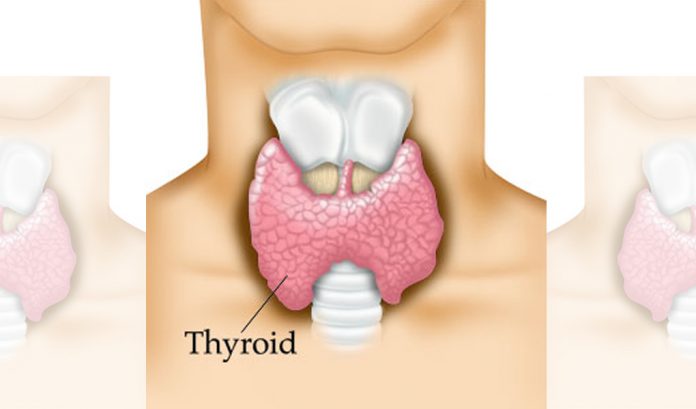
For someone who has never worried about having a thyroid problem, then the word “Goiter” or “Goitrogens” might not crop up in your vocabulary. But what exactly should you know about Goiter, which by the way means “an enlarged thyroid gland”. And why is it enlarged? Is it because it’s malfunctioning?
Here come your Goitrogens. Goitrogens are substances in certain foods that can sometimes impair on the functions of your thyroid gland. Since the thyroid gland, one of the largest in our endocrine system, governs how our body reacts to hormones thereby influencing your mood, produces proteins, manages how our body uses energy and regulates our body temperature, then it will be a big problem if it was not in full working order.
The Foods that affect your Thyroid
There are certain foods that contain Goitrogens; these are the ones that affect your thyroid. They are sometimes some of the highly nutritious food that cancer patients consume but due to the presence of Goitrogens, they sometimes do create havoc in your thyroid gland.
Cruciferous foods are some of the foods high in goitrogens, which means you will have to eat them in smaller amounts. Now if you have thyroid problems, then you might as well go slow in eating the following goitrogenic foods – or remember to eat them with foods that contain iodine.
These foods are:
- Brussel sprouts
- Broccoli
- Bok Choy
- Kale
- Cabbage
- Cauliflower
- Turnips
- Kohlrabi
- Radishes
- Rutabagas
- Mustard and Mustard greens
The following are foods that have lower content of Goitrogens:
- Bamboo shoots
- Peaches
- Peanuts
- Pears
- Pine Nuts
- Spinach
- Strawberries
- Sweet Potatoes
Other causes of a Faulty Thyroid
Now there are other causes of a faulty thyroid. This may be a lack of iodine in the body. Some foods that are rich in iodine include sea vegetables, fennel, kelp, Jerusalem’s artichokes, raisins, and eggs (for cancer patients, make sure your eggs and vegetables are organic and go slow on the raisins). Also, it pays to use iodized salt for your meals.
Tyrosine is another amino acid that is needed by your thyroid but unfortunately, also exist in a lot of goitrogenic foods. Some foods with Tyrosine that you should be eating are pumpkin seeds, eggs (organic), fish (fresh with fins preferably for cancer patients), beef (organic), avocados, almonds, poultry (organic and free-range), and salmon. Salmon is also high in Omega-3 fatty acids which help in anti-inflammation and the proper functioning of the thyroid.
Animal foods (organic) are also high in protein which should be excellent sources of selenium and Vitamin B12 for optimum thyroid health.
Non-Cruciferous Foods that are good for your Thyroid
Of course, there are non-cruciferous and non-goitrogenic foods that can be kind and beneficial to you, aside from great sources of antioxidants and Vitamin C. These include:
- Carrots
- Celery
- Eggplant
- Tomato
- Bell peppers
- Squash
- Cucumber
- Blueberries
- Asparagus
- Green beans
- Guavas
- Pomegranates
- Peas
- Cherries
- Apricots
- Mangoes
- Apples
- Kiwis
- Citrus fruits
So, do you have a personal experience with goitrogenic foods and a thyroid problem? How did you cope with it? Share in the comments section below!
Image by wellunwell / CC BY 2.0
Copyright 2025, DoctorFarrah.com








